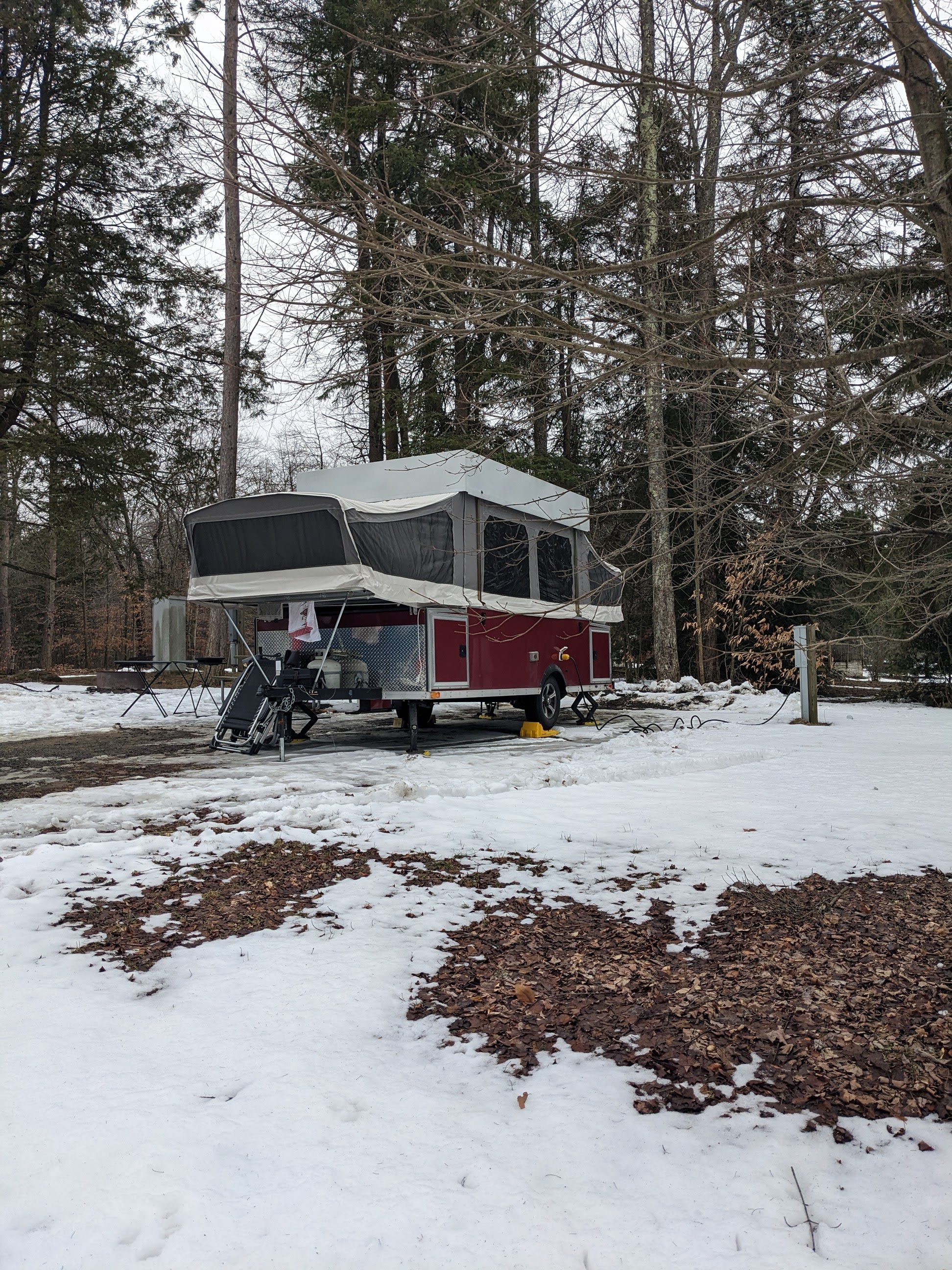Favorite Camping Gear
Having camped for several years with 2 different pop-up campers, we have a few pieces of gear we have selected as must haves.
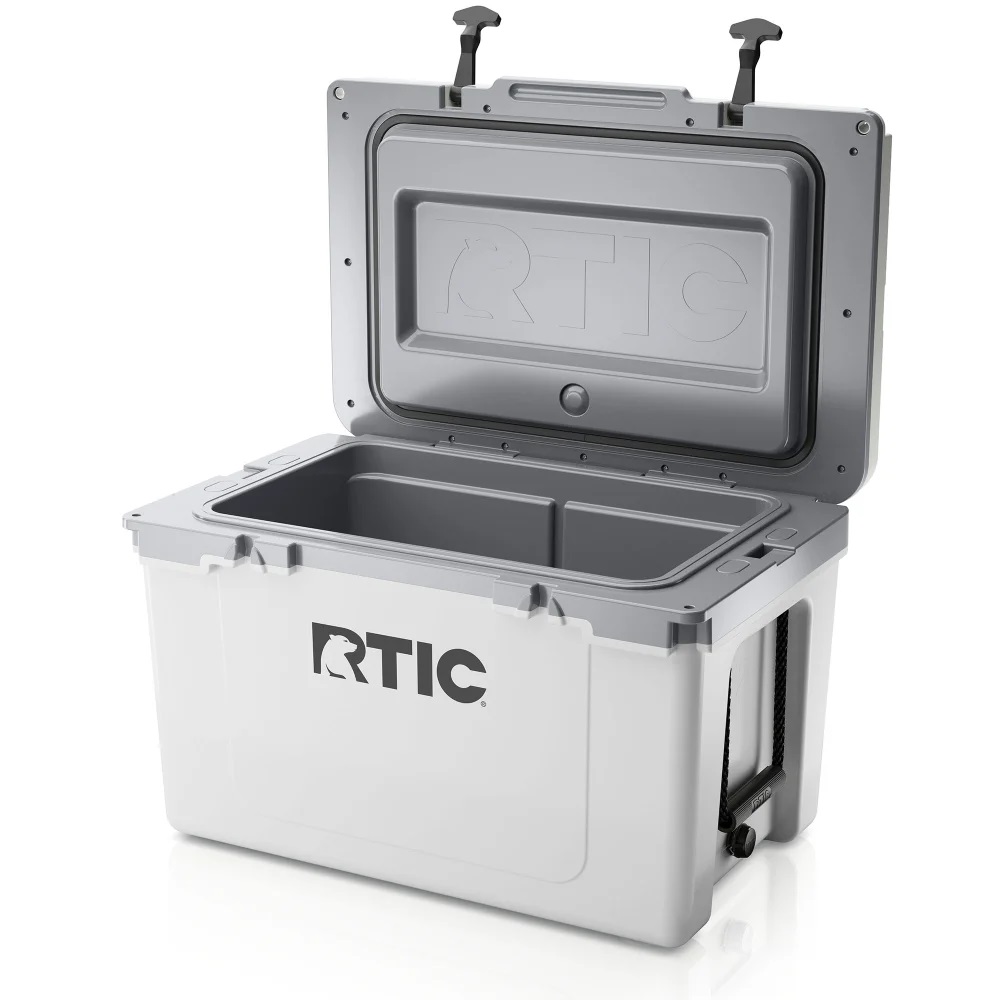 |
A good cooler is a must for camping to avoid spoiled food. Generally speaking a high quality cooler can keep food cool for 3 days or more. Choose a high quality injection molded or rotomolded cooler to maintain the chill. We utilize RTIC coolers and have both their rotomolded and Injection molded coolers. We generally choose the size of cooler that we will need based upon the amount of food we need to keep chilled. All food is prechilled or frozen before placing in the cooler. We utilize reusable gel icepacks to reduce the water mess as most of our trips are 3 days or less. For trips longer than 3 days, we typically buy cubed ice to supplement the gel packs. If cubed ice is used, be sure to protect items that need to be kept dry. Cubed ice will melt and should only be drained when necessary. Many of these high quality coolers have baskets or dividers that may be placed in them. A basket is useful for keep certain items cool without being frozen or to keep dry items dry. Dividers are useful to sort your cooler. Another valid option for keeping your food cold is an electric cooler. For us, it came down to cost for the electric cooler as we felt it would take a long time to recover the cost of the electric cooler. |
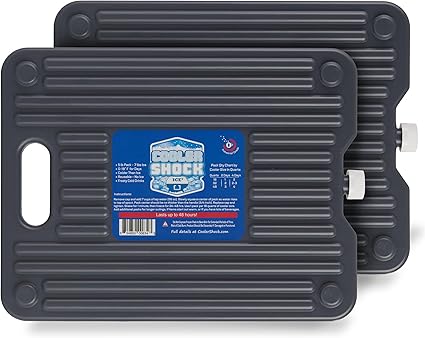 |
Gel icepacks or frozen juice bottles may be utilized in coolers to provide the chill without the mess of dumping cubed ice into the cooler. Blocked icepacks are less efficient at cooling than cubed ice and water but allow for items that do not need to stay frozen to be placed farther away from the icepack. We utilize Cooler Shock hard icepacks in our cooler for up to 3 days. |
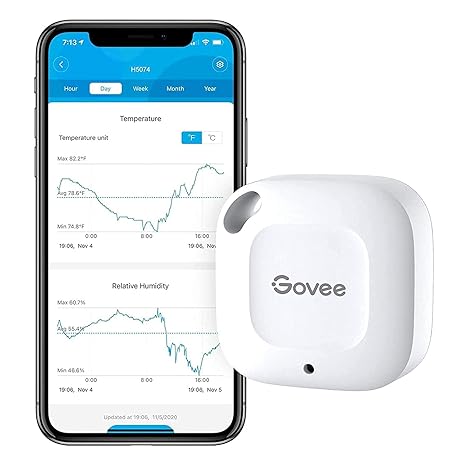 |
We utilize a bluetooth temperature sensor in our cooler to keep tabs on the temperature. While not a requirement, this inexpensive device has allowed us to monitor the temperature in our cooler without having to open it. This device allows us to predict when ice will be required for purchase. We place the temperature sensor in a drybag to ensure that it does not get waterlogged in the ice. |
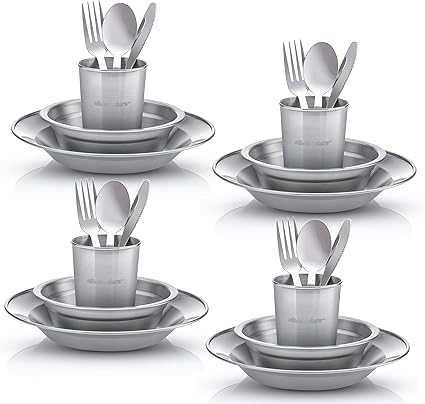 |
A good messware kit allows you to eat your camping meal. While plastic, enamel coated, and stainless messware kits are available, we recommend a stainless messware kit due to the ease of cleaning. |
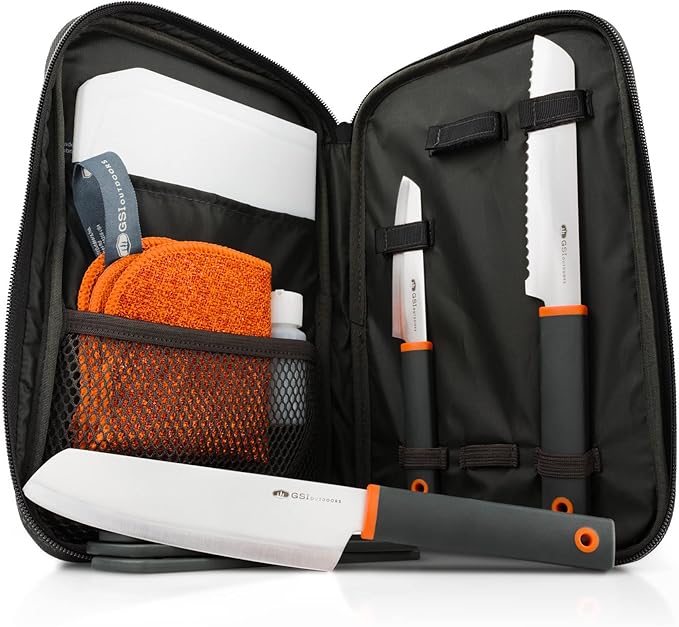 |
A good knife set is must for cutting and chopping fruits, vegetables, and meats. We utilize a GSI Outdoors Santoku Knife Set. The knives are of good quality and come with sheaths, a cutting board and are stored in a zippered pouch. |
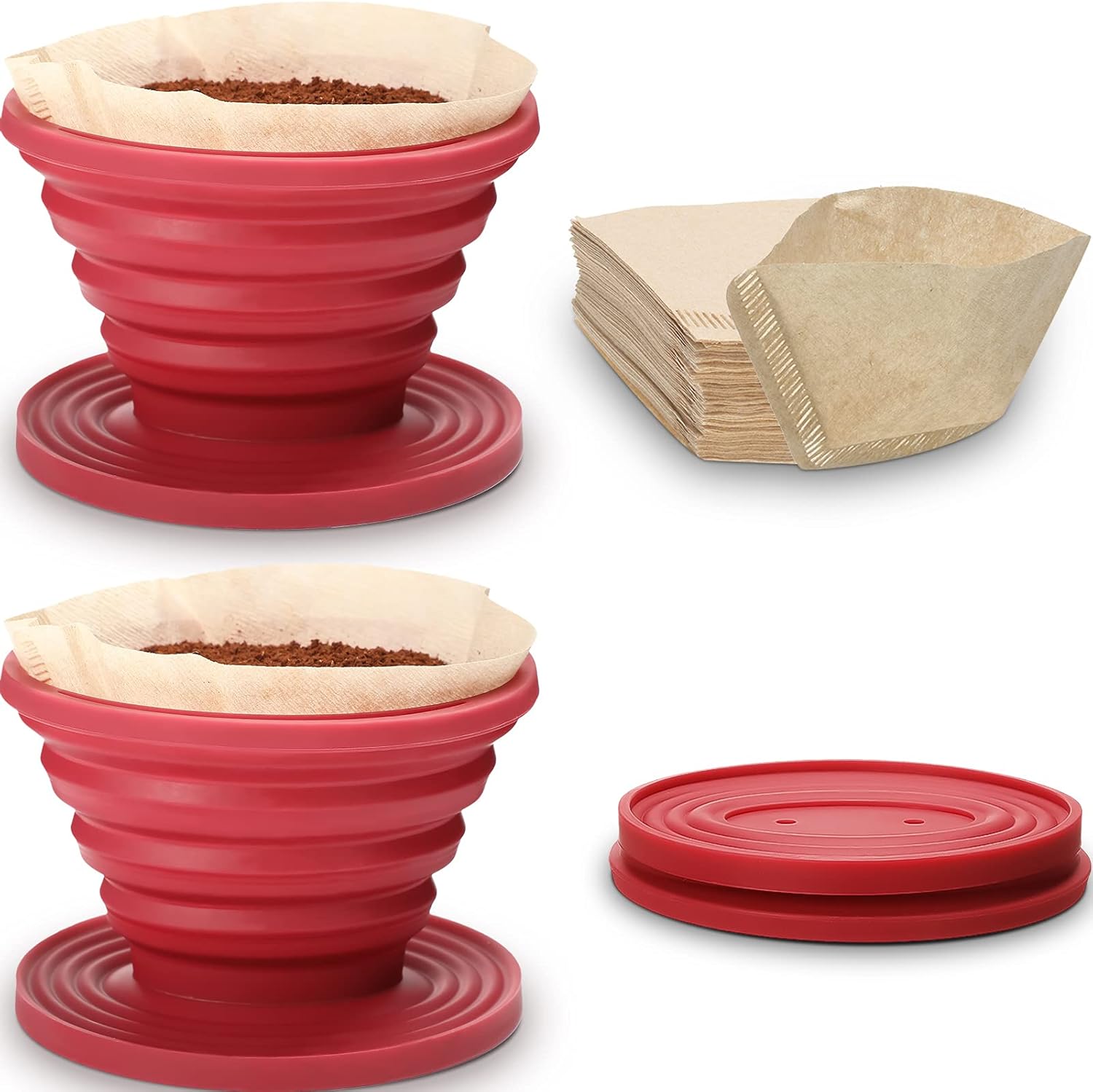 |
For those that need coffee in the morning, being able to make coffee while camping is a must. Typically, French press or pour over coffee are the two easiest methods for making coffee while camping (assuming you don't have a coffee maker in your camper). We utilize a silicone pour over system that stores flat and is easy to clean. The pour over system utilizes a #1 cone filter so it keeps the grinds in the filter. It is placed directly over the top of a mug or carafe. The paper filter can be disposed in the trash or the fire pit as it does not contain plastics. If a pour over method is used, we recommend an investment in some clear mugs or a clear carafe so you can see how full the vessel you are pouring in is. To heat water for coffee, utilize a pot or kettle over a fire or burner or an electric kettle. |
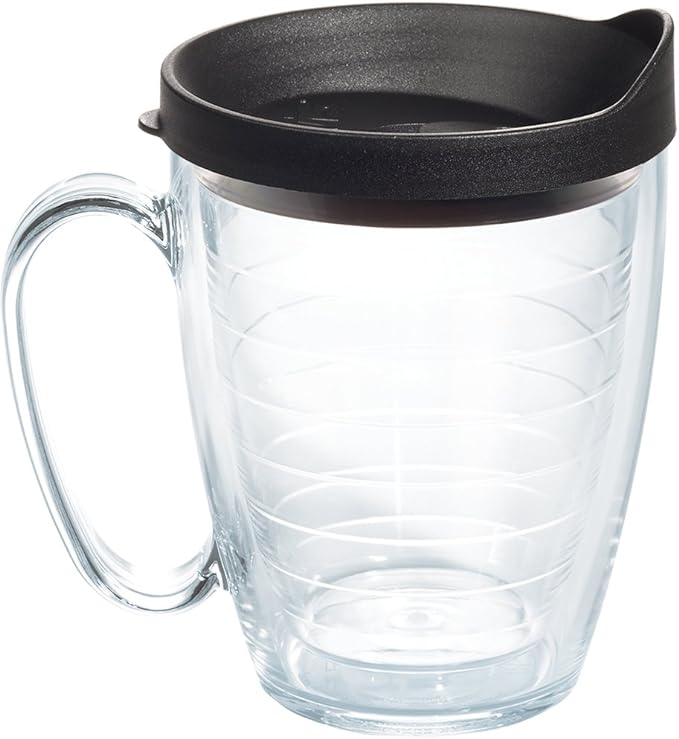 |
We utilize Tervis mugs for our coffee. The clear mug allows us to see exactly how full we are getting when pouring our pour over coffee. They generally keep the coffee warm and are warm to the touch on the outside. |
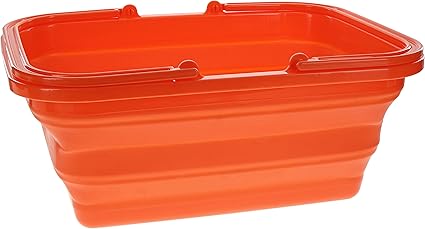 |
Washing your dishes in a state and national parks can be tricky at times. Some parks require you to wash you dishes in your own wash basin and then strain out any food particles before placing the water down the drain. The food particles can then be placed in the trash. We utilize 2 collapsible wash basins such as this to wash dishes. One wash basin contains soapy water and another wash basin contains rinse water. After washing the dishes, the rinse water and wash water are strained before putting down the drain. |
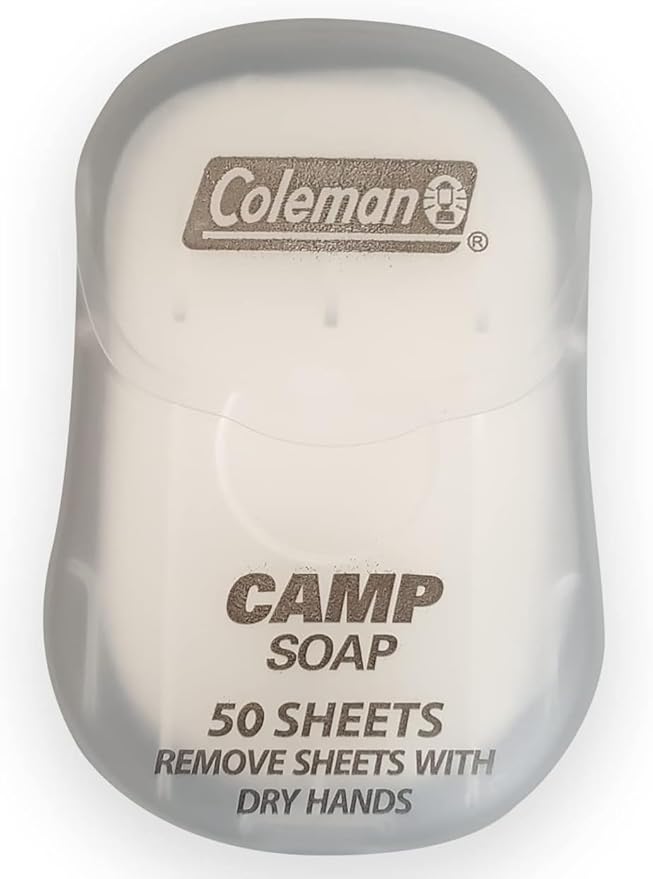 |
Coleman camp soap sheets are a convenient method of carrying soap for cleaning your dishes or hands. The soap sheets are biodegradable and dissolve in water to create a lather. We utilize one or two in dishwater for cleaning dishes. |
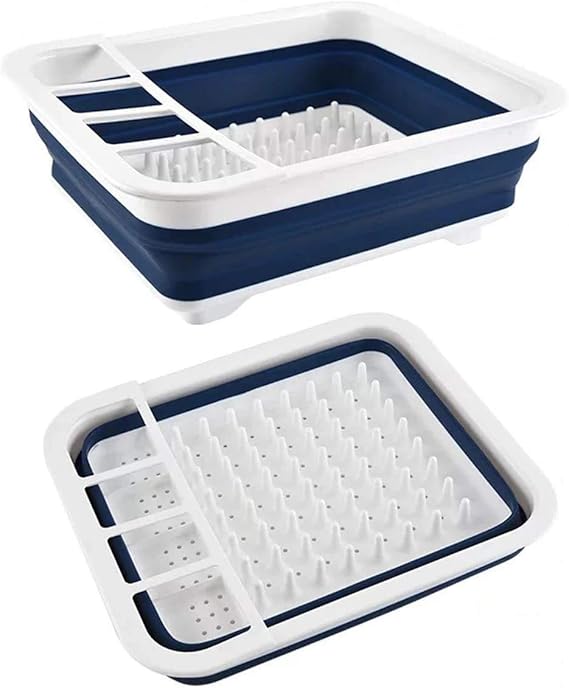 |
We utilize a collapsible drain rack for placing our dishes to air dry after washing. |
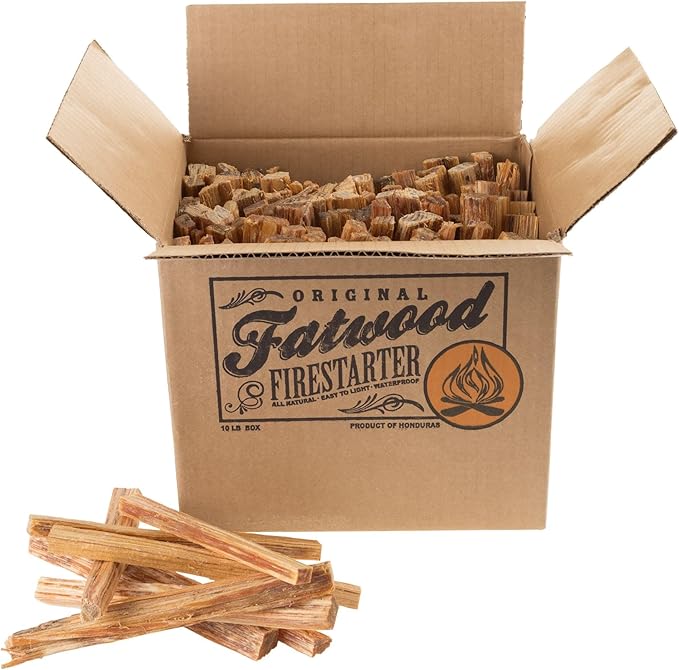 |
For starting a campfire, we utilize fatwood firestarters. Fatwood is made from pine stumps. The little sticks light easily with a lighter or butane torch. Since they are 100% pine wood with no additives, they are safe to cook over. |
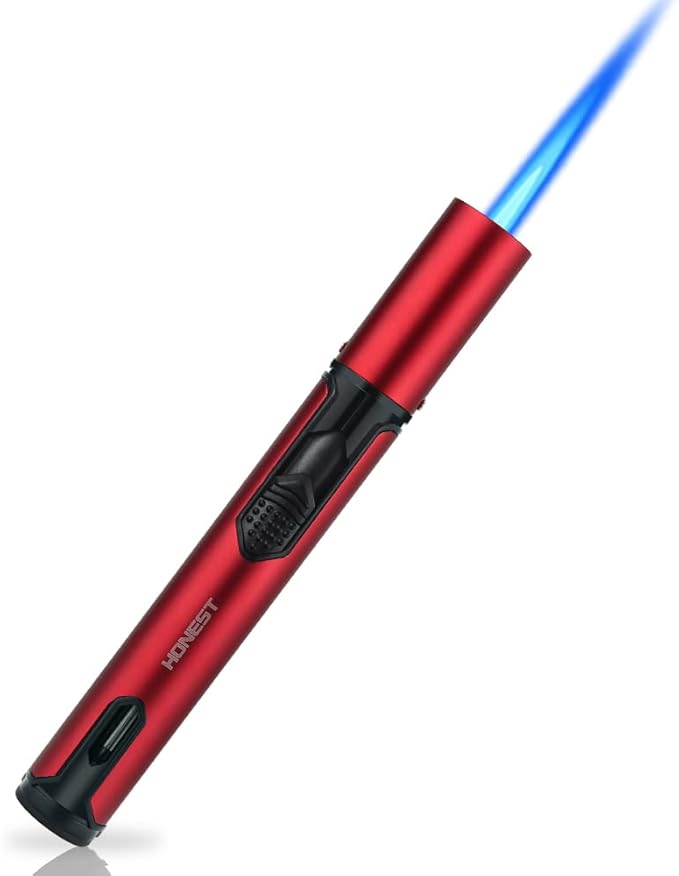 |
A butane torch similar to this is a good purchase for camping. It allows easy starting of campfires and stoves. We utilize a butane torch that is refillable as it reduces waste. |
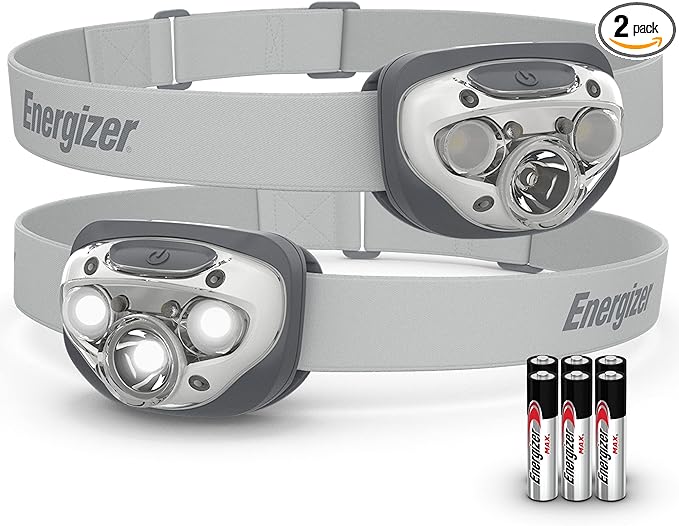 |
Lanterns, headlights, or flashlights are required in most campgrounds at night when leaving your campsite. This allows better visibility to other people when walking between campsites or to and from the bathhouse. We use headlamps for setting up camp in the dark and for walking outside of the campsite. We do utilize battery versions of headlamps for camping as we have found the rechargeable ones to lack the ability to determine battery life. The battery versions get dim but the rechargeable ones just die. This make a very difficult situation when walking to or from a bathhouse. |
 |
LED Lanterns provide spatial lighting. Whether playing a game after dark, or placing the light in the bunk, we utilize a number of varieties of LED lanterns. The LED lanterns have generally a long battery life so you will not require a constant changing of batteries. |
We have purchased each of these products and are not paid in any way to sponsor or promote any of these products.
